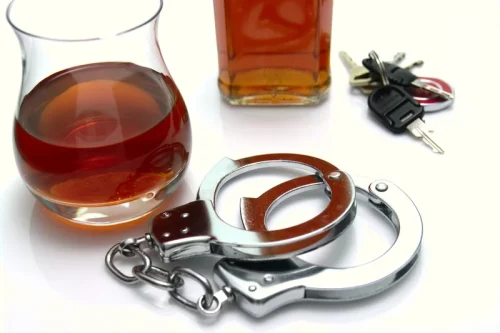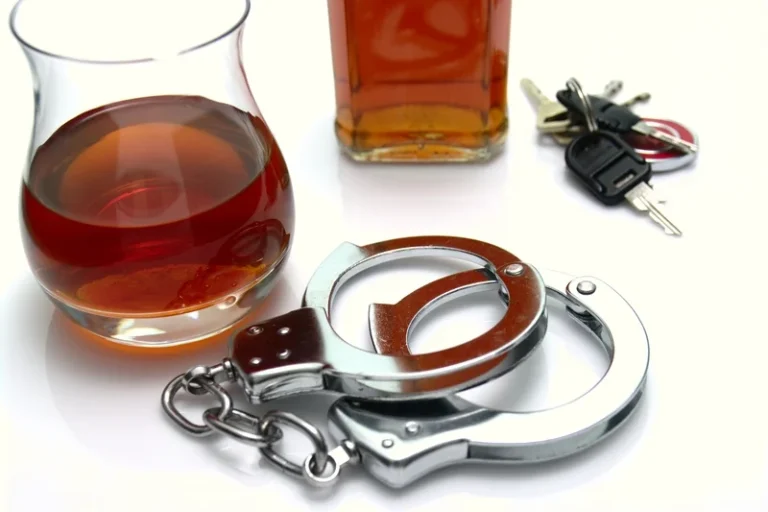
While it is difficult to step away from friends, family, and loved ones; sometimes, you may have to keep them at an arm’s length. In the process, you will be able to better maintain your abstinence and find it easier for you to recover. It’s important for people in recovery to be aware of the internal triggers they struggle with the most and have a plan in place to seek support when needed. While holidays are a time of celebration for some, they may be a struggle for people in recovery. Family and friends often tempt those in recovery to consume alcohol because they are under the misconception that one deviation from the treatment plan will not be detrimental.

What can trigger a trauma reaction?
A variety of underlying mental illnesses like depression and anxiety are closely related to addiction and can result in a person experiencing more triggers or more powerful ones. Physical illness and chronic pain also stress the body and can increase the risk of relapse. Saya graduated with her Master in Social Work (MSW) with a concentration in mental health from the University of Southern California in 2010. Through both her clinical work and her personal OCD diagnosis, she’s learned the importance of making empathetic and accurate mental health content available online. She lives in Portland, Oregon but you can find her almost just as often in Mexico or in her birthplace, Tokyo. Therapy can provide the tools and support you need to heal from what happened and move forward.

How to Maintain Long-Term Sobriety and Avoid Relapse

Avoid external triggers whenever possible, and get Sober living home rid of any item that may lead to a trigger. Recognize that these friendships are harmful to you and be sure to cut the friendship off completely; a half-way ending to a bad friendship will be much less likely to succeed. Dealing with triggers in recovery can be challenging, but don’t worry! We have these six valuable tips that will help you navigate your journey towards long-term sobriety.
- A trauma trigger can feel different for each person who experiences it.
- First, know that experiencing triggers in recovery is not a sign of failure.
- Health problems, increased responsibility and other events can result in stress that triggers drug cravings.
- Ensuring that daily activities include safe spaces and supportive individuals can help further reduce exposure to triggers, promoting a healthier lifestyle overall.
- Transitional moments are moments where you may have a choice between two paths, one will contribute to your recovery, while the other will not.
Treatment Options at the Massachusetts Center for Addiction

It will help you maintain a safe environment that supports your recovery journey. Sometimes, it’s necessary to distance yourself from friends who still engage in substance use to avoid being tempted or triggered by their behaviors. Additionally, setting boundaries with individuals who may enable or have codependent relationships can protect your sobriety and promote a positive support system.

Explain to yourself that you recognize the trigger, you’re taking steps to remove yourself from the situation and you don’t allow the trigger to have any power over you. It’s key to remember that these are not failures and shouldn’t be termed as such. Obstacles in recovery are often caused by insufficient coping skills or an inability to plan effectively. These issues can be fixed, and people should learn to challenge their outlook by giving equal attention to past successes.
This can be somewhere traumatic, such as a childhood home, or it can just be a external triggers in recovery building or even a neighborhood where substance use happened. Visiting these places can be triggering for many people, and while many times they can be avoided, there are situations in which they can’t. People may be one of the more easily-avoided external triggers, mainly if they are people that used to be involved in substance use with the individual. By eliminating these people from the post-addiction life of recovery, many people are able to minimize the chance of relapsing due to associating with those who still use. Whether your triggers are emotional distress or a specific situation, it is essential that you know what compels you to use when trying to lead a life of sobriety.
How to Create a Life of Balance After Overcoming Addiction
Identifying your triggers so you can know to avoid them is just as important as learning to manage them. BetterHelp can connect you to an addiction and mental health counselor. While many triggers can be negative experiences, it is important https://ecosoberhouse.com/ to note that positive events can trigger relapsing as well.
Understanding HALT (Hungry, Angry, Lonely, Tired)
- When individuals are unable to recognize or manage their triggers, cravings may intensify, increasing the risk of relapse.
- We provide individuals all over the country with the opportunity to achieve the gift of lasting sobriety.
- Deciding to get treatment for substance use disorder can be a life-changing decision.
- With a Master of Social Work degree, LCSW license, and extensive training in Rapid Resolution Therapy under her belt, she brings a wealth of expertise to her role.
For specific questions about your health needs or that of a loved one, seek the help of a healthcare professional. In recovery, cravings are having a strong desire to use substances or get high. While cravings can also be mental and emotional, they tend to manifest physically as well. There may be people in your life who consistently pressure you to drink or use drugs. Assertively communicate your need for sobriety and establish clear limits.
Recognizing when one of the states is off-balance can prompt early intervention. When individuals can articulate their feelings—be it fatigue or loneliness—they are more equipped to seek out positive alternatives, significantly reducing their risk of relapse. Incorporating HALT into daily routines fosters proactive coping strategies. For instance, maintaining a balanced diet can help mitigate hunger, while practicing relaxation techniques may keep anger in check. Establishing connections with supportive friends can address loneliness, and prioritizing rest may combat fatigue. Regularly checking in with one’s emotional state allows for timely action—engaging in healthy activities can serve as powerful distractions from cravings.
Leave a Reply